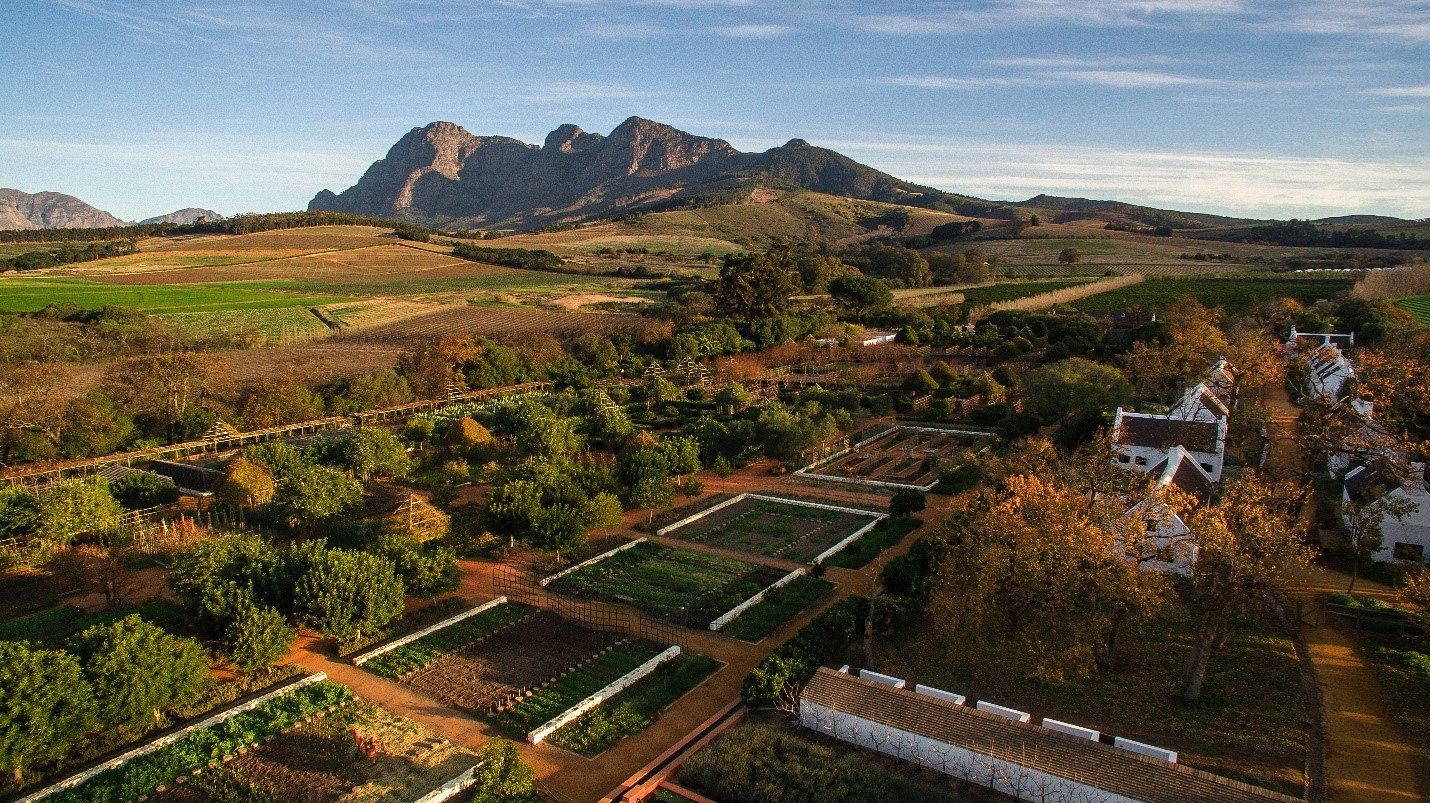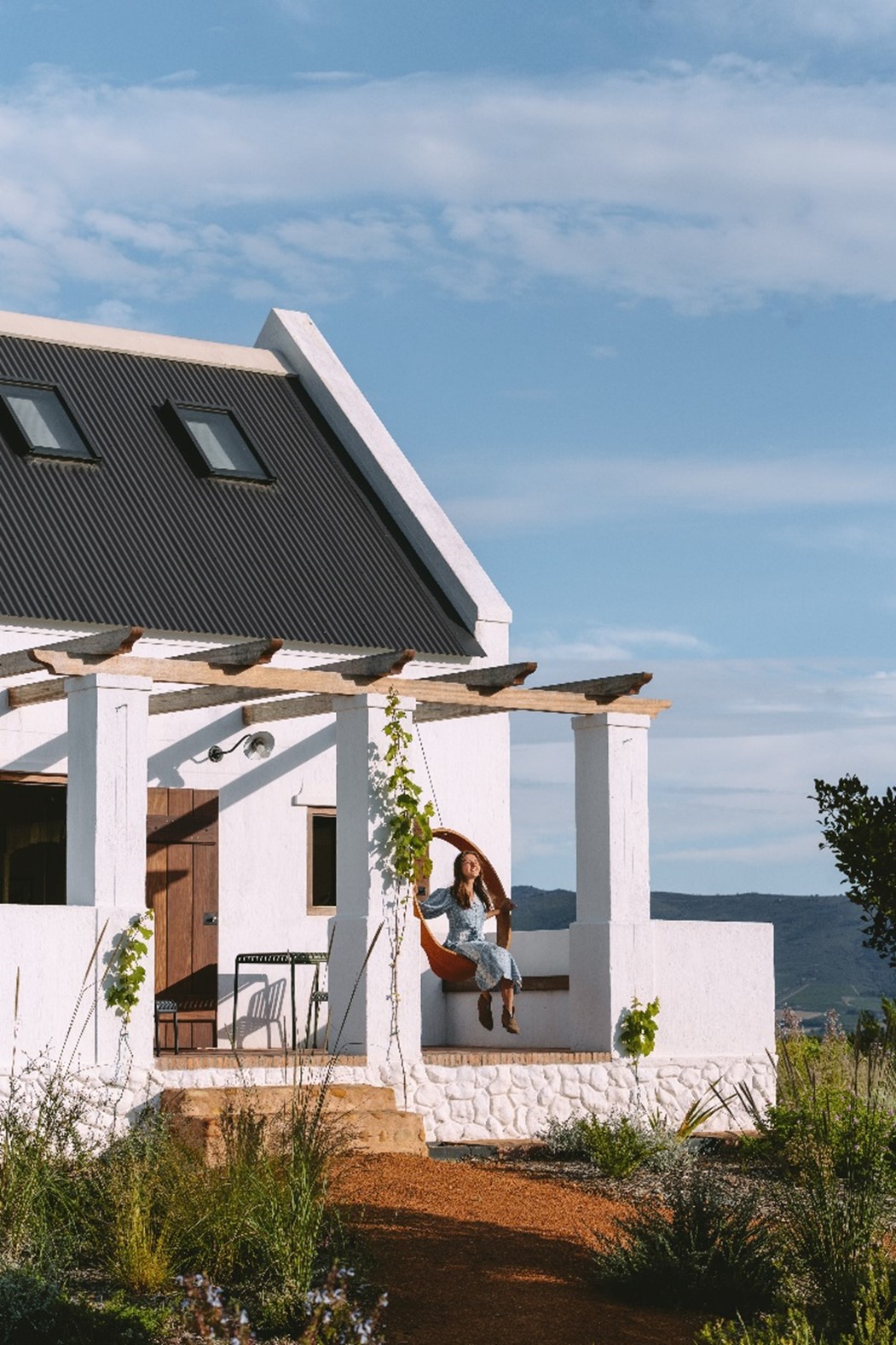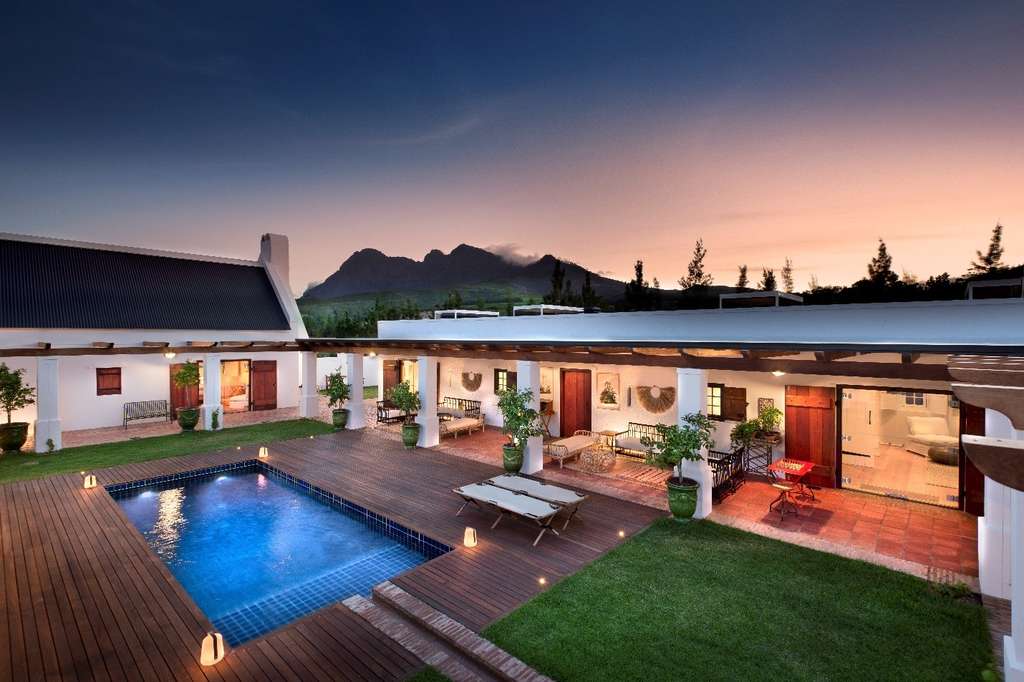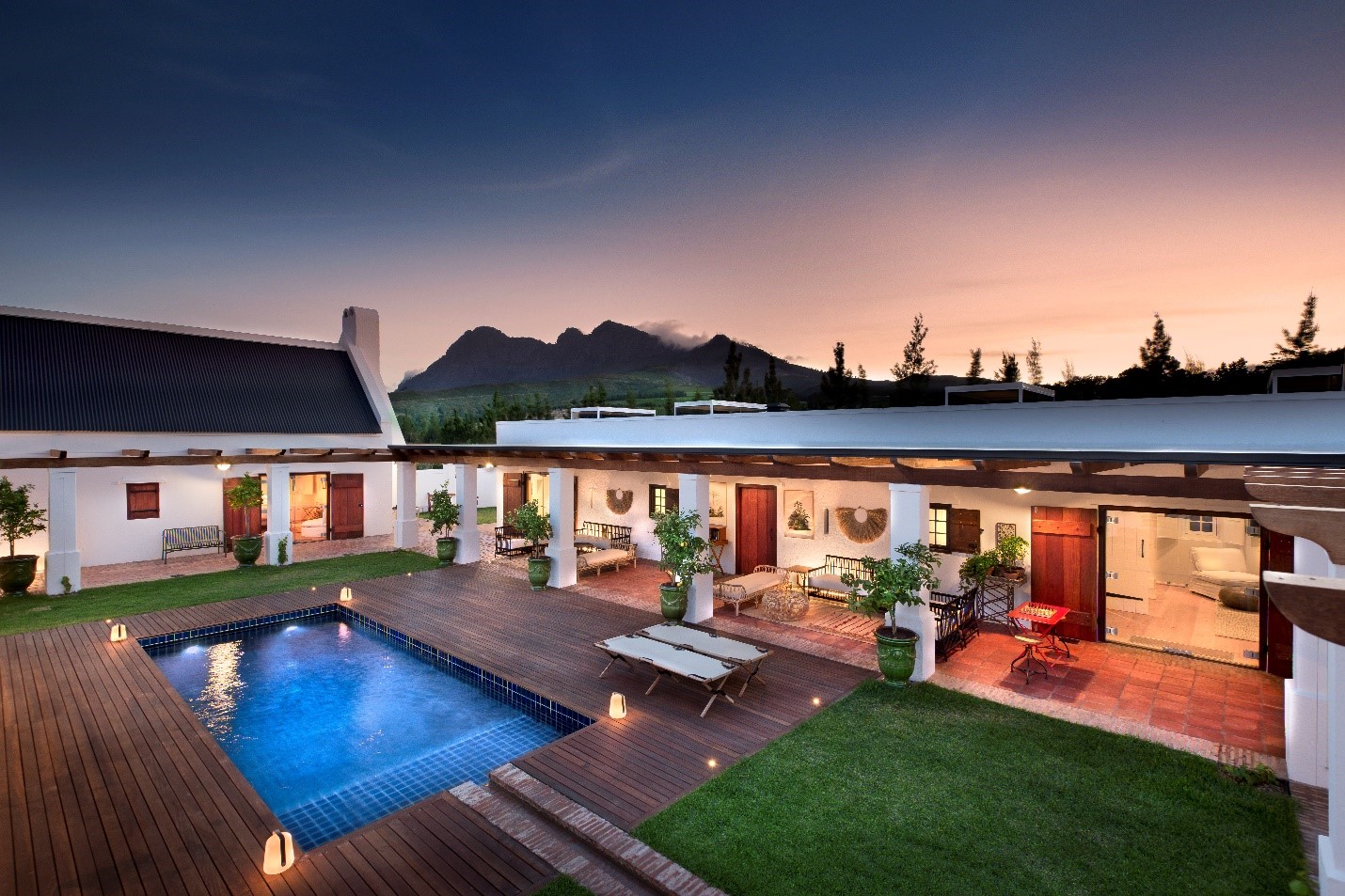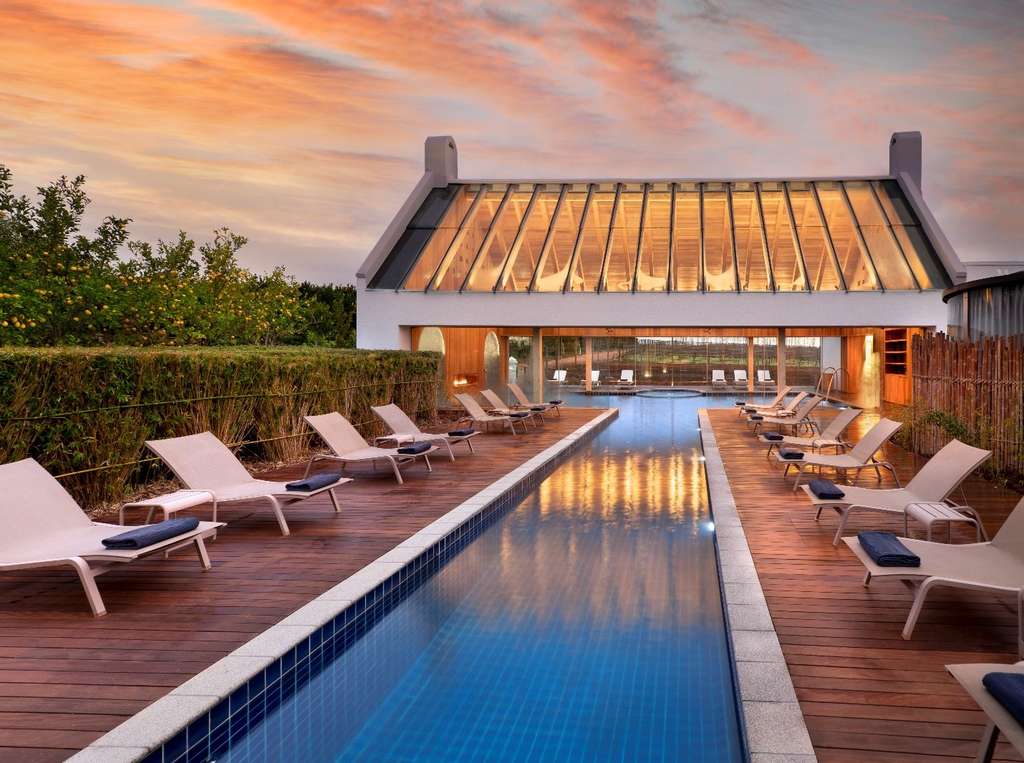True hospitality is a story of people, the lands they live on, the foods they eat, the activities they do day in, day out, and all the cultural nuances that make life so joyous. Hospitality is also about giving back and stewarding the larger community, leaving the land better off for all stakeholders rather than a merely extractive enterprise catering to only travelers.
Yes, the business case must be there, but what real hotel leaders understand is that it is this soulful perspective that intrinsically drives revenues, profits and asset value, not the other way around. As we transition from 20th-century consumerism into a ‘post-material world’, people are increasingly looking for immersive travel experiences that allow them to reconnect to our planet in a meaningful way – one that’s more than just lazing on a beach or getting an Instagram selfie in front of one of the world’s great monuments.
Nowadays, the going phrase to describe this concept that brings together exceptional hotel service, meaningful experiences, stewardship and land renewal is called ‘regenerative tourism’, but it is far, far easier said than done. And because hospitality is so specific to a time and place, it cannot be taught in abstract; we must learn from the best.
In search for a luxury hotel property that represents the pinnacle of regenerative tourism, there is perhaps none other than Babylonstoren, a rural resort located near Paarl, South Africa within the Cape Winelands vinicultural region about an hour northeast of Cape Town. The dreamchild of Karen Roos and Koos Bekker who purchased the wine estate in 2007 and opened it as a hotel in 2010, the team has continually expanded the resort’s facilities ever since and where every room tells a different story unto itself.
Today, Babylonstoren is a veritable campus of regenerative agricultural and epicurean activity with a vineyard and winery, a biodiverse fruit and vegetable garden, a bakery, an olive tree grove with its own olive oil bottling facilities, rooibos and honeybush tea production, and plenty more. An estate of this magnitude is more than just an example of sustainability; it’s an emblem of ‘eco-stewardship’ which encompasses so much more.
Remarkably, while there is a dedicated team of over 40 to run the hotel side of operations, Babylonstoren employs over 700 in total to manage all farming and community activities. The resort offers agricultural internships and volunteering opportunities, while more recently it has started selling its locally made products to the world via its ecommerce site.
Needless to say, commandeering this armada of an enterprise requires veteran leadership and a firm grasp of many different fields of expertise. At the helm of the resort is Dalené Claasens, Hotel General Manager, who brings a wealth of South African hospitality experience to the role, including her previous posting as Estate Manager of Mont Rochelle, a Virgin Limited Edition ultraluxury property minutes away from Babylonstoren.
What makes the Pearl Valley from Stellenbosch and Franschhoek up to Paarl such a magical place to visit and live?
The region offers a harmonious blend of majestic mountains, sprawling vineyards and open spaces that invite exploration. It’s a place to pause, breathe deeply and reconnect with yourself and nature. Renowned for world-class wine and cuisine, this region also promises an unforgettable sensory experience.
At the heart of this is Babylonstoren, where our garden is a space of tremendous beauty and diversity. Beyond the garden, the orchards, fields, groves and tunnels produce wonderful foods, from indigenous plants to heritage cultivars and exotic delicacies, all of which inspire the menus at our farm-to-fork restaurants. You can come here to breathe, while a donkey keeps a watchful eye. Simply wander around to your heart’s content or enjoy a seasonal meal in the company of a sparrow.
For background, tell us about what was involved in transforming the original 18th-century farm into a hotel.
Babylonstoren is a place of deep history and remarkable transformation. The farm dates back to 1692. It contains one of the best-preserved plaaswerwe (farmyards) in the Cape. Stately 18th-century-style Cape Dutch farm buildings have been restored authentically – but now include a touch of contemporary luxury.
The oldest buildings were erected in the late 17th century, with the Manor House dating back to 1777. After the property was bought by the current owner in 2007, garden architect Patrice Taravella, designed the garden. Over the next few years pergolas, gravel pathways and water canals were built. During 2009 the gardeners started preparing the soil and did most of the planting for the formal garden. Babylonstoren opened its doors to guests in November 2010, offering an experience that is both rooted in history and elevated by modern sophistication.
At Babylonstoren’s Farm Hotel, the overall effect is relaxed yet well-heeled, with some of the existing farm buildings transformed into sophisticated guest accommodations. The 13 Garden Cottages next to the garden, of which seven have basic kitchens, were newly built in the Cape Dutch architect style on the footprints of the original laborers’ cottages. The contemporary glass cube used for the dining and kitchen area provides an uninterrupted view of the garden or vines, giving the sense of being outside even though you’re not. This also adds to the abundance of space which makes one feel that you can breathe.
Comfort is key in the nine one-bedroom Farmhouse suites where a moody interior theme comprising swarthy four-poster king-size beds, dusted moss walls, luxurious en-suite marble bathrooms and generous walk-in cupboards are paired with contemporary furniture and accessories.
At the eight Fynbos Cottages guests can fully immerse themselves in the beauty of the natural plant habitat of the Western Cape’s mountains. The one- and two-bedroomed cottages are newly built in the Cape Dutch style and adjoining vineyards and orchards – ideal for more adventurous guests.
For families, two exclusive-use family houses offer unique experiences. The Cape Dutch Manor House, dating back to 1777, has been meticulously restored to its former glory, but with a definite contemporary touch. The Fynbos Family House is a peaceful retreat like no other. In keeping with the style of Babylonstoren’s heritage buildings, this new five-bedroom addition combines the best elements of a comfortable villa with the rustic charm of a country farmhouse.
Koornhuis is a charming retreat on the historic plaaswerf (farmyard) near the garden. It features two bedrooms, each with a hearty fireplace and a spacious en-suite bathroom. The kitchen, an extension of the book-filled lounge, is elevated by a contemporary glass cube that has been seamlessly integrated into the Cape Dutch-style building, creating an inviting dining area – the perfect blend of history and modern comfort.
My time as estate manager at Mont Rochelle provided many lessons in creating bespoke guest experiences, building an exceptional team and fostering a strong sense of place. Working in Cape Wineland’s properties instilled in me a deep appreciation for balancing operational excellence with personal touches that leave a lasting impression.
At Babylonstoren, these experiences guide my leadership approach. I emphasize collaboration, ensuring every team member feels empowered to contribute to creating extraordinary guest experiences. I also focus on weaving the story of Babylonstoren and the experience we create into every touchpoint, from the way guests are welcomed to the seasonal flavors on their plates. It’s about celebrating the farm’s history, its connection to the land, and the vibrant energy of the people who make it all possible.
How does the Babylonstoren create its own distinct design sensibility, both from the perspective of master planning and exterior architecture as well as interior design?
At Babylonstoren we celebrate the juxtaposition of modern and old, a harmony that runs through the exterior architecture and interior design. Contemporary detailing offset against historic Cape Dutch architecture, encompassing history. The inspiration for the design, particularly in the interiors, comes from the architecture, whitewashed walls, and high-ceiling rooms built by our ancestors that fit under the exceptional light quality of Africa.
Our owner was led by the landscape and architecture found here, then we added some favorite pieces of mostly contemporary furniture to the interiors. Our architecture dates from the late 18th Century: lime-washed buildings with gables; and verandas built from small Dutch bricks (klompjes). Almost no embellishment, except for crests and dates in relief. The design philosophy here is one of simplicity, focusing on good design that we trust will last for decades.
As for the range of accommodation options, each space has been thoughtfully designed to offer a unique experience, catering for solo travelers, couples and families. From Garden Cottages nestled next to the garden to the Farmhouse Suites that are popular for honeymooners and our more secluded Fynbos Cottages, every guestroom is an immersion in the surroundings, blending nature and history with modern comfort. Whether staying in one of the carefully restored farm buildings or in the serene Fynbos Family House, each accommodation offers a distinctive connection to the land and the heritage of Babylonstoren, ensuring that no two stays are ever the same.
Far from simply offering luxury accommodations for wine-focused tourists, Babylonstoren has one of the most expansive farming and culinary programs in the world, making its own wine, olive oil, tea, honey and bread on premises, while also growing most of its own fruit and vegetables. First, give us a sense of the scale of these operations. Next, what’s involved in coordinating all these daily tasks?
Coordinating these daily tasks requires a shared vision, planning and collaboration across various teams. Each day, our efforts span farming, culinary, hospitality and guest services, all guided by our commitment to excellence.
The farm itself is a hive of activity. Our teams work across various specialized areas, including the cellar, bakery, gardening, olive oil production and livestock care. Produce is sourced from the farm and surrounds daily, ensuring seasonal availability and exceptional quality, which inspires everything from the menus at our restaurants to our workshops. Daily harvesting, planting and sustainability practices are executed with precision, and the scale of operations demands unwavering attention to detail.
Our farm-to-table philosophy extends to our activities, where guests can immerse themselves in the farm and garden’s daily rhythm, from harvesting in the garden to baking or learning the process from olive to oil. What unites these diverse operations is the passion and dedication of every team member. Each individual at Babylonstoren strives for excellence, driven by a shared passion for the land and a commitment to providing an exceptional experience for every guest who visits Babylonstoren. This synergy between vision, expertise and unwavering commitment creates the magic of Babylonstoren – where every detail, whether in the vineyard or a guest’s experience, is crafted to perfection.
This is the end of the first part of the interview; stay tuned for the second half coming soon!
Adam MogelonskyHotel Mogel Consulting Limited


